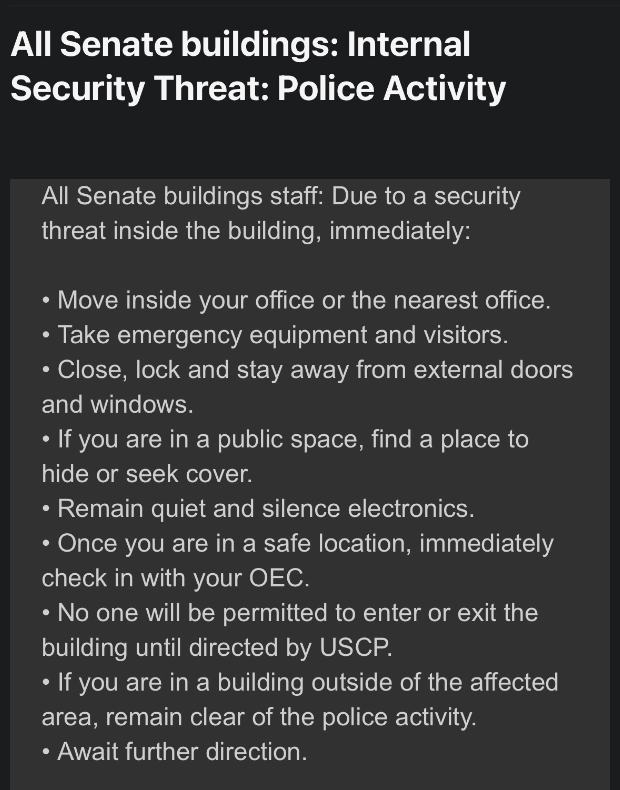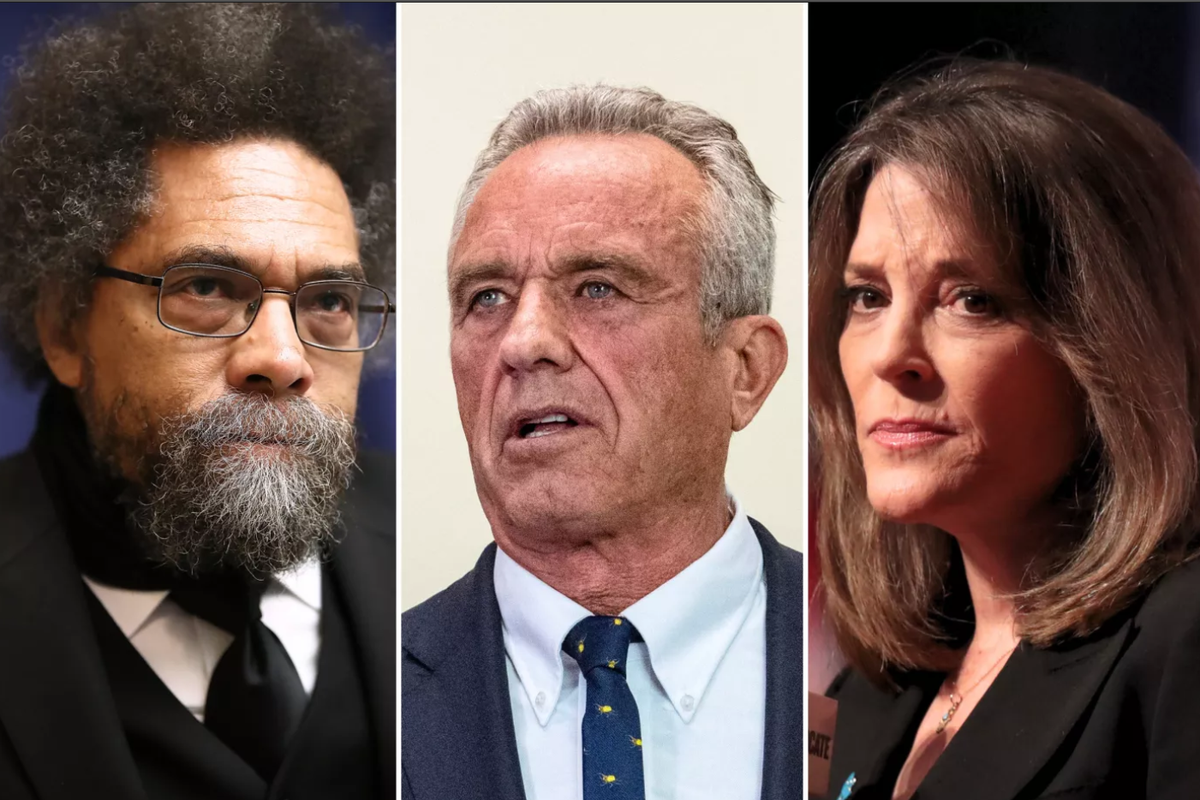ORLANDO, Fla. — Diversity, equity and inclusion programs were abolished Tuesday from Walt Disney World’s governing district, now controlled by appointees of Gov. Ron DeSantis, in an echo of the Florida governor’s agenda which has championed curtailing such programs in higher education and elsewhere.
The Central Florida Tourism Oversight District said in a statement that its diversity, equity and inclusion committee would be eliminated, as would any job duties connected to it. Also axed were initiatives left over from when the district was controlled by Disney supporters, which awarded contracts based on goals of achieving racial or gender parity.
Glenton Gilzean, the district’s new administrator who is African American and a former head of the Central Florida Urban League, called such initiatives “illegal and simply un-American.” Gilzean has been a fellow or member at two conservative institutions, the James Madison Institute and the American Enterprise Institute Leadership Network, as well as a DeSantis appointee to the Florida Commission on Ethics.
“Our district will no longer participate in any attempt to divide us by race or advance the notion that we are not created equal,” Gilzean said in a statement. “As the former head of the Central Florida Urban League, a civil rights organization, I can say definitively that our community thrives only when we work together despite our differences.”
An email was sent seeking comment from Disney World.
Last spring, DeSantis, who is running for the GOP presidential nomination, signed into law a measure that blocks public colleges from using federal or state funding on diversity programs.
DeSantis also has championed Florida’s so-called “Stop WOKE” law, which bars businesses, colleges and K-12 schools from giving training on certain racial concepts, such as the theory that people of a particular race are inherently racist, privileged or oppressed. A federal judge last November blocked the law’s enforcement in colleges, universities and businesses, calling it “positively dystopian.”
The creation of the district, then known as the Reedy Creek Improvement District, was instrumental in Disney’s decision to build a theme park resort near Orlando in the 1960s. Having a separate government allowed the company to provide zoning, fire protection, utilities and infrastructure services on its sprawling property. The district was controlled by Disney supporters for more than five decades.
Richard Foglesong, a Rollins College professor emeritus, said he was surprised that the matter was decided internally, rather than by a public vote of the five members appointed by DeSantis to the district’s board who have promised repeatedly to be more transparent than their predecessors.
“This is an issue of public importance,” said Foglesong, who wrote a definitive account of Disney World’s governance in his book, “Married to the Mouse: Walt Disney World and Orlando.”
The DeSantis appointees took control of the renamed district earlier this year following a yearlong feud between the company and DeSantis. The fight began last year after Disney, beset by significant pressure internally and externally, publicly opposed a state law banning classroom lessons on sexual orientation and gender identity in early grades, a policy critics call “Don’t Say Gay.”
As punishment, DeSantis took over the district through legislation passed by Republican lawmakers and appointed a new board of supervisors to oversee municipal services for the sprawling theme parks and hotels. Disney sued DeSantis and his five board appointees in federal court, claiming the Florida governor violated the company’s free speech rights by taking retaliatory action.
Before the new board came in, Disney made agreements with previous oversight board members who were Disney supporters that stripped the new supervisors of their authority over design and development. The DeSantis-appointed members of the governing district have sued Disney in state court in a second lawsuit stemming from the district’s takeover, seeking to invalidate those agreements.
Politics
26 readers
1 users here now
@politics on kbin.social is a magazine to share and discuss current events news, opinion/analysis, videos, or other informative content related to politicians, politics, or policy-making at all levels of governance (federal, state, local), both domestic and international. Members of all political perspectives are welcome here, though we run a tight ship. Community guidelines and submission rules were co-created between the Mod Team and early members of @politics. Please read all community guidelines and submission rules carefully before engaging our magazine.
founded 2 years ago
351
352
353
354
355
356
357
358
359
60
News: Trump charged in probe of Jan. 6, efforts to overturn 2020 election
(www.washingtonpost.com)
360
361
13
[News]Rudy Giuliani may have assigned volunteer to Arizona 'audit', new emails show
(www.usatoday.com)
362
363
364
365
3
[Analysis] Vivek Ramaswamy Is On the Rise. So Are Christian Nationalist Attacks on His Religion
(www.rollingstone.com)
366
367
368
369
370
371
20
News: Tax complaint filed against rightwing parents’ rights group Moms for Liberty
(www.theguardian.com)
372
373
25
News: A Black prosecutor was elected in Georgia – so white Republicans made their own district
(www.theguardian.com)
374
375

